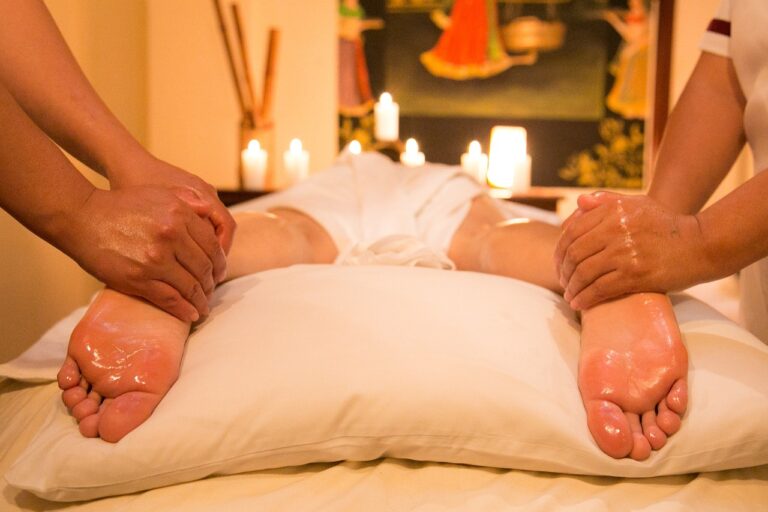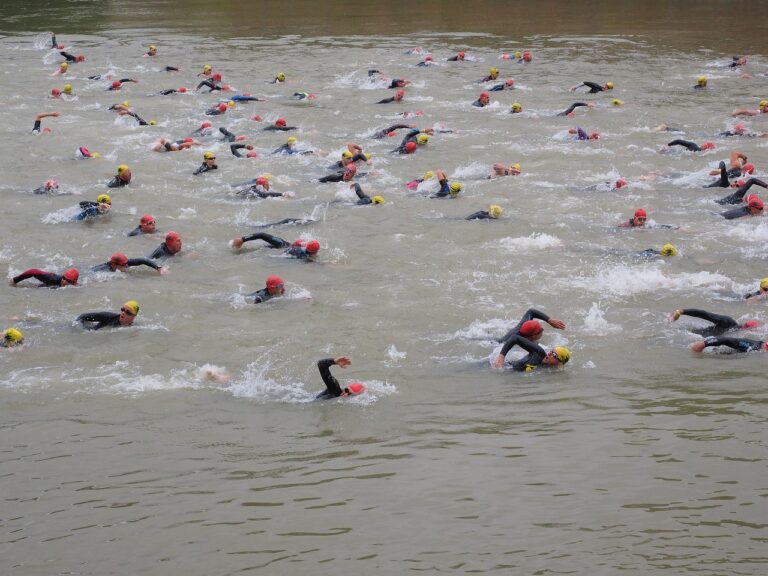The Art of Foraging: Wild Food Adventures and Survival Skills: Betbazar 247 login, Playexch in login, Gold365 id login
betbazar 247 login, playexch in login, gold365 id login: Foraging for wild food is a skill that has been practiced by humans for thousands of years. In today’s modern world, where everything we need is readily available at the grocery store, the art of foraging may seem like a lost art. However, the ability to find and harvest wild edibles is not only a fun and rewarding pastime but can also be a valuable survival skill.
Benefits of Foraging:
1. Connection with Nature: Foraging allows us to connect with the natural world around us. It gives us a deeper appreciation for the plants and animals that provide us with sustenance.
2. Free Food: Wild food is abundant and, best of all, free. Foraging can help supplement your grocery bill and provide you with fresh, nutritious ingredients.
3. Sustainability: By foraging for wild food, you are reducing your reliance on industrial agriculture and supporting sustainable practices.
4. Health Benefits: Wild plants are often more nutrient-dense than their cultivated counterparts. Foraging for wild food can provide you with an array of vitamins, minerals, and antioxidants.
Tips for Successful Foraging:
1. Do Your Research: Before you head out to forage, make sure you know what you are looking for. Invest in a good field guide or take a foraging class to learn about local wild edibles.
2. Respect Nature: When foraging, always practice sustainable harvesting techniques. Only take what you need, and leave some behind for wildlife and future foragers.
3. Safety First: Make sure you can positively identify any plant you plan to eat. Some plants are toxic and can be deadly if ingested.
4. Start Small: If you are new to foraging, start with easily identifiable plants like dandelions, berries, and wild greens.
5. Be Mindful of Location: Avoid foraging near roadsides, industrial areas, or areas that may have been sprayed with chemicals.
6. Experiment in the Kitchen: Once you have harvested your wild edibles, get creative in the kitchen. Wild plants can be used in a variety of dishes, from salads to soups to teas.
FAQs:
Q: Is foraging legal?
A: Foraging laws vary by location, so it is essential to research the regulations in your area. In some places, foraging on public land is legal as long as you follow specific guidelines.
Q: What are some common wild edibles?
A: Common wild edibles include dandelions, chickweed, nettles, raspberries, blackberries, and more.
Q: Can I forage in urban areas?
A: Yes, urban foraging is possible, but make sure to forage in parks or other green spaces that have not been sprayed with chemicals.
In conclusion, the art of foraging is a valuable skill that can provide you with free, nutritious food, a deeper connection to nature, and a sense of self-sufficiency. By following these tips and guidelines, you can embark on your own wild food adventures and develop essential survival skills. Happy foraging!







